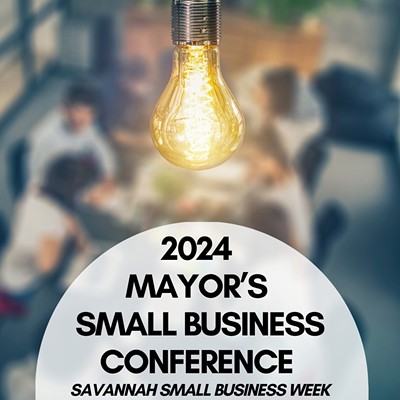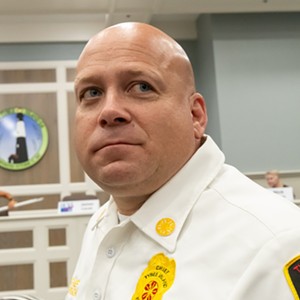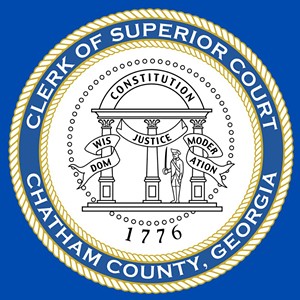We could really use Theodore Roosevelt today. His crusade against the dangers of monopoly is more than relevant, as was his particular distaste for “special interests,” a phrase he more or less coined and which he intended to refer to unregulated, rampant corporate greed – a scourge in his era as well as ours.
Teddy Roosevelt was a Republican, but of course he couldn’t make it out of a Republican primary in this day and age (and not only because he also considered himself a “Progressive,” a perfectly fine word which has been demonized into something just this side of Hitler by people who don’t know their history or their civics).
While he would not be seen as a conservative by today’s standards – Richard Nixon and Barry Goldwater would barely be seen as conservative by today’s standards – Roosevelt did understand the “conserve” part of conservatism.
Specifically, he was the first president to really champion the cause of conservation of natural resources. He wasn’t the first to promote the concept of National Parks and National Forests, but no doubt he was the first really passionate advocate, and his legacy is very much with us today.
A hundred years after TR’s presidency, a contender for the nomination of his old party, Michele Bachmann, said in a CNN debate last week that the Environmental Protection Agency was ground zero in her fight to roll back the power of government.
“And I would begin with the EPA, because there is no other agency like the EPA,” she said to an adoring crowd. “It should really be renamed the job–killing organization of America.”
Stop and think about that. Of all bureaucratic and regulatory malfeasance performed by government agencies in this country – the IRS, the TSA, the CIA, the FBI, the Pentagon, etc. – Bachmann’s first target, the one above all others, would be the agency charged with protecting the natural resources and environment of the United States, however imperfectly it may do so.
Not wanting to conserve the environment isn’t particularly conservative. “Radical” would be a more suitable word. “Suicidal” also comes to mind.
While for most people the tired false dichotomy between environment and economy is an abstract “argument” – played out on cable news and AM talk radio with the same predictable results as the Harlem Globetrotters vs. the Washington Generals – it struck home over the past month, as a 70–mile stretch of our own Ogeechee River was contaminated by a bacterial increase, possibly due to changes in water composition after a chemical/industrial discharge of some type.
The result was a massive fish, alligator and bird kill as well as physical symptoms on some people coming in contact with its water.
As is the case with almost all rivers in the South, the Ogeechee can in no way be called “pristine.” That said, this blackwater river is particularly scenic and serene for most of its length, and contains a rich variety of wildlife and plant life. It is a favorite of kayakers and anglers alike.
Unlike intensively dammed and controlled rivers like the Savannah itself, the Ogeechee retains a large element of its preindustrial character. However, it doesn’t take much industry to change things for the worse, and that might be the case with the Ogeechee wildlife kill last month.
A textile plant upriver from the kill is being sued for its alleged role in possibly discharging ammonia, hydrogen peroxide and formaldehyde into the Ogeechee, which along with superheated water might alter the river enough to promote a lethal bacteria bloom.
The state Environmental Protection Division, chronically underfunded and historically subservient to polluting interests with political clout, didn’t exactly cover itself with glory in this episode. While the first fish kill reports came in May 19, it wasn’t until May 22 that the EPD issued a health advisory for the river. On May 23 they posted warnings against swimming in the Ogeechee or eating fish from it near the Bulloch/Effingham county line.
More troubling is the fact that they and the federal EPA have yet to pinpoint the source of the offending spill, nor the culprit.
“The wanton poisoning of the Ogeechee River is a vile and despicable act,” said Pierre Howard, president of the Georgia Conservancy. “Those responsible have inflicted damage on the river that will take years to repair. There are lots of boys and girls who live along that river who won’t be able to catch a red–breast in there for years.”
But this is apparently the way Georgians want it. Like Michele Bachmann, most Georgia voters seem to think environmental regulation is more dangerous in the abstract than the effects of environmental deregulation are in reality.
The ineffective response can be directly linked to the electorate’s desire for a less–intrusive, less–accountable environmental regulatory infrastructure.
To blame “big government” for Georgia EPD’s tepid response is to totally miss the point. Georgia EPD is actually “small government” in action – a largely toothless regulatory agency without the resources to do its job properly, another victim of the relentless crusade to cut public sector budgets to the bone with no thought to the long–term cost.
The fish and swim advisories have since been lifted, but I don’t know anyone who feels comfortable about that. Until Georgia voters demand not only accountability from their government but proper funding and resources for it, expect more of this in the future.































